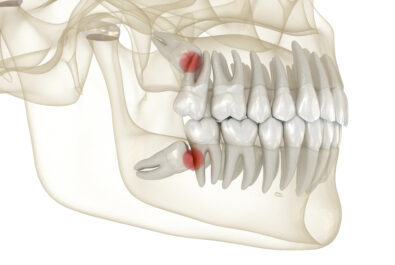If you find that you’re waking after a ‘full’ night’s rest feeling exhausted, you’re probably not getting as much sleep as you think. Unfortunately, sleep disorders are often difficult to diagnose because of the nature of their symptoms (they occur while you’re unconscious). Because of this, many sufferers go undiagnosed or misdiagnosed and end up putting their overall health at risk for other complications. How do you know if you have sleep apnea? Well, they always say knowledge is power, right? Knowing the risk factors and signs to look for is the first step to discovering the reason behind your lack of sleep.
Who Is At Risk For Sleep Apnea?
To understand the risk factors for sleep apnea, you must first understand the disorder itself. There are two different types of sleep apnea; obstructive and central. Obstructive sleep apnea (also referred to as OSA) is much more common than central and is often caused by outside factors. In some cases, you can have a mixture of both types, which is referred to as ‘complex’ sleep apnea.
Now, are you at risk? There are several different factors that play into the development of this sleep disorder; age, gender, neck circumference, congestion, and weight. For example, your risk increases with age and weight gain, and sleep apnea is actually more common in males.
Could You Be Suffering?
It’s often easier for a partner to notice signs of sleep apnea than for you to discover your symptoms yourself. If you sleep next to someone (or near someone) and they’ve told you about breathing cessations or complained about excessively loud snoring – it’s probably time to visit your doctor.
Don’t wait to talk to someone if you feel as though you’re not getting enough sleep, you could be suffering from a sleep disorder.














